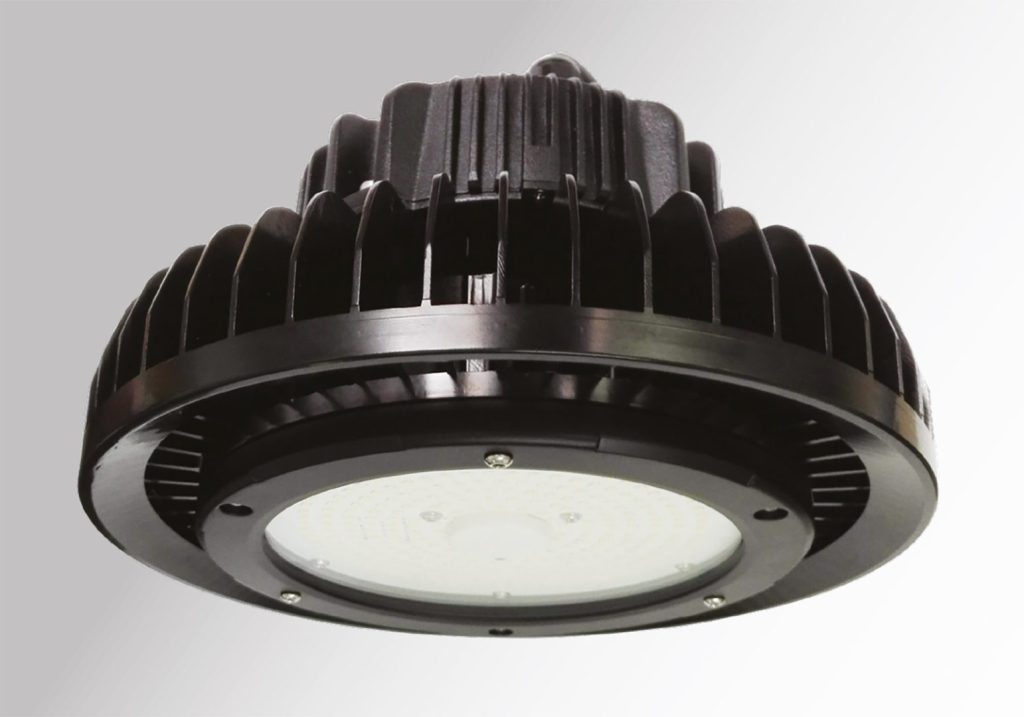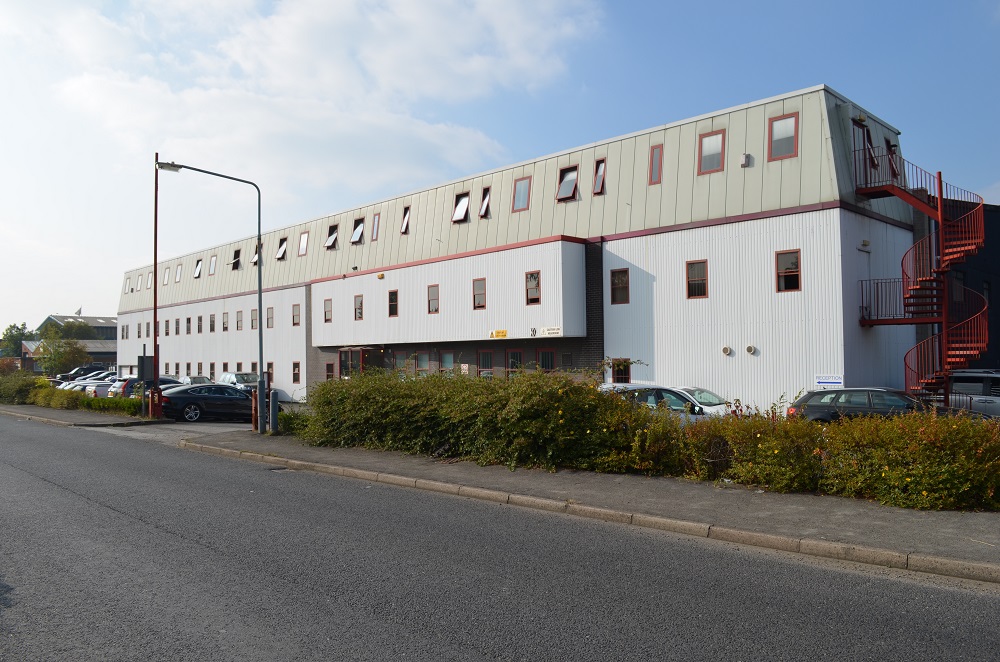ECS continues its carbon reduction strategy with new workshop LED lighting
Continuing its carbon reduction strategy, ECS Engineering Services has installed highly efficient LED lighting at its workshop in Sutton in Ashfield, Nottinghamshire. The switch is expected to reduce annual carbon emissions by over 54% compared to the legacy system.
“Reducing our carbon footprint is imperative for the future of our engineering business and the planet,” says Steve Crapper, Precontracts Director at ECS. “As an electromechanical services provider to the water, construction and nuclear industries, we operate a large capacity workshop including a fabrications department. To reduce our energy consumption, we have switched to LED lighting across these facilities.”
Moving from the existing 400 W lamps to 200 W LEDs will save approximately 56,833 kg of CO2 emissions a year. The business is benchmarking its annual CO2 emissions with the help of the University of Derby to ensure it has accurate data that it can share transparently with its suppliers and customers.
“Beyond the increased efficiency and reliability of LEDs, and the physical improvements the lighting brings to the shop floor, the switch will also provide us with energy cost savings, ensuring that we can further insulate our customers from unforeseen price fluctuations,” Steve adds.
As well as this lighting installation, ECS has been making progress in reducing the environmental impact of its fabrications work. Last year, ECS was upgraded on the British Constructional Steelwork Association’s (BCSA) Sustainability Charter to Gold – the highest attainable standard. Assessing all emissions sources across a business, the BCSA Sustainability Charter programme is designed to encourage steelwork companies to improve sustainability and environmental responsibility.
Furthermore, the business regularly upgrades key infrastructure to new efficiency standards. ECS also offers customers access to more sustainable material options such as fibre reinforced polymer (FRP) for lock gates and bridges. When on-site, ECS actively works to reduce disturbance to the outside environment, using prefabrication construction methods and a turnkey approach. As a result, the business is often selected to carry out challenging projects in sensitive ecological areas.
“Achieving a sustainable future is a continuous journey. We will work to identify more areas for improvement, reducing our carbon emissions across all areas of our business,” Steve concludes.







